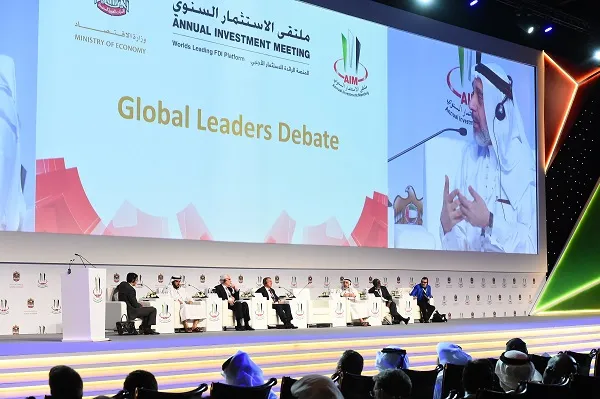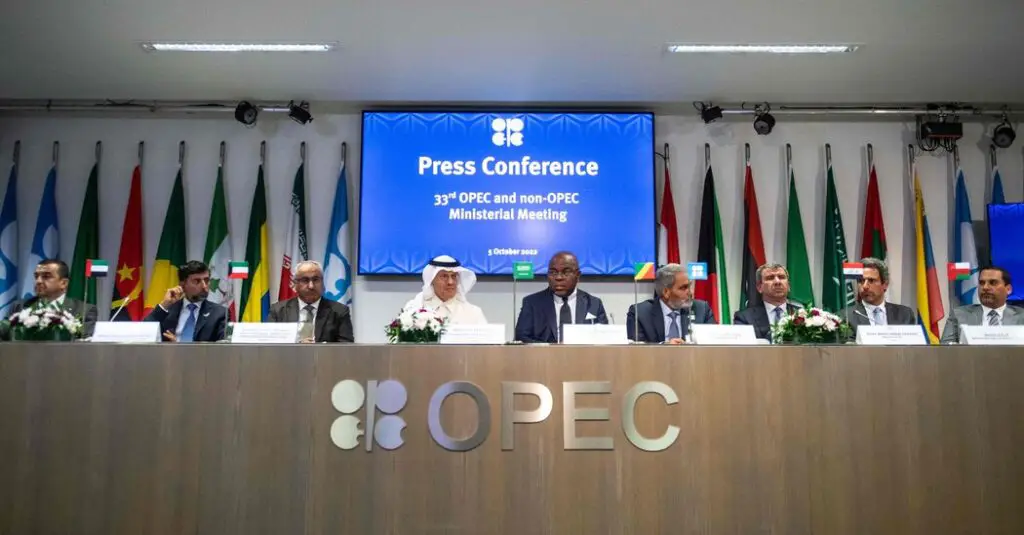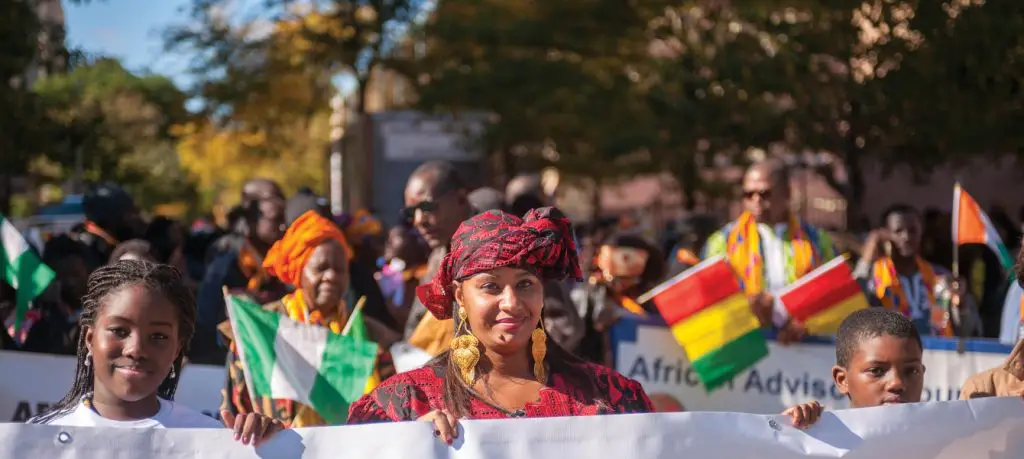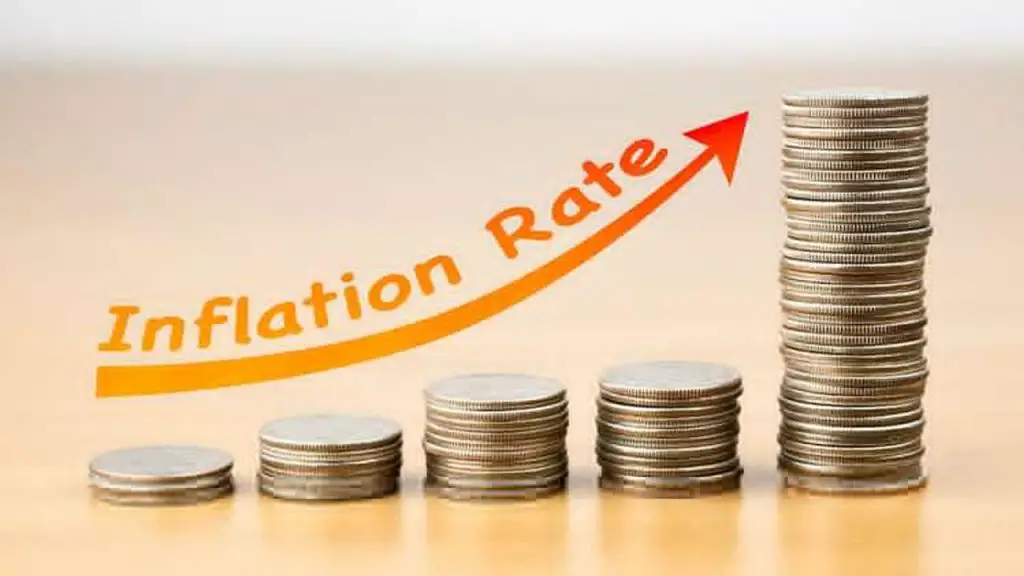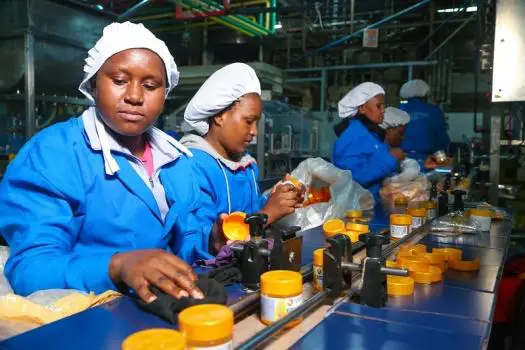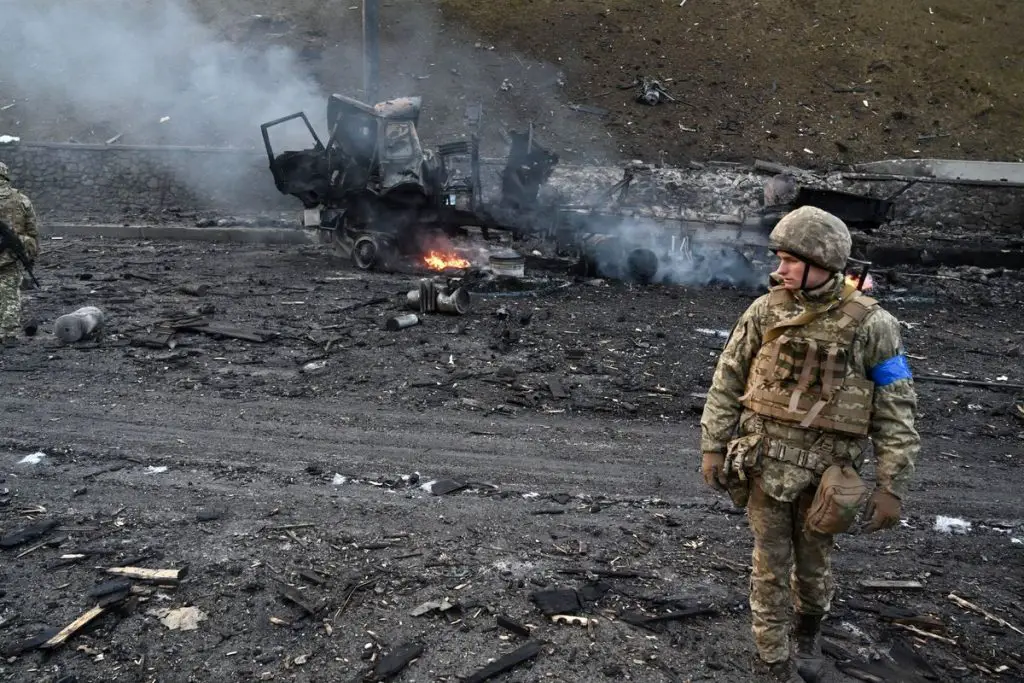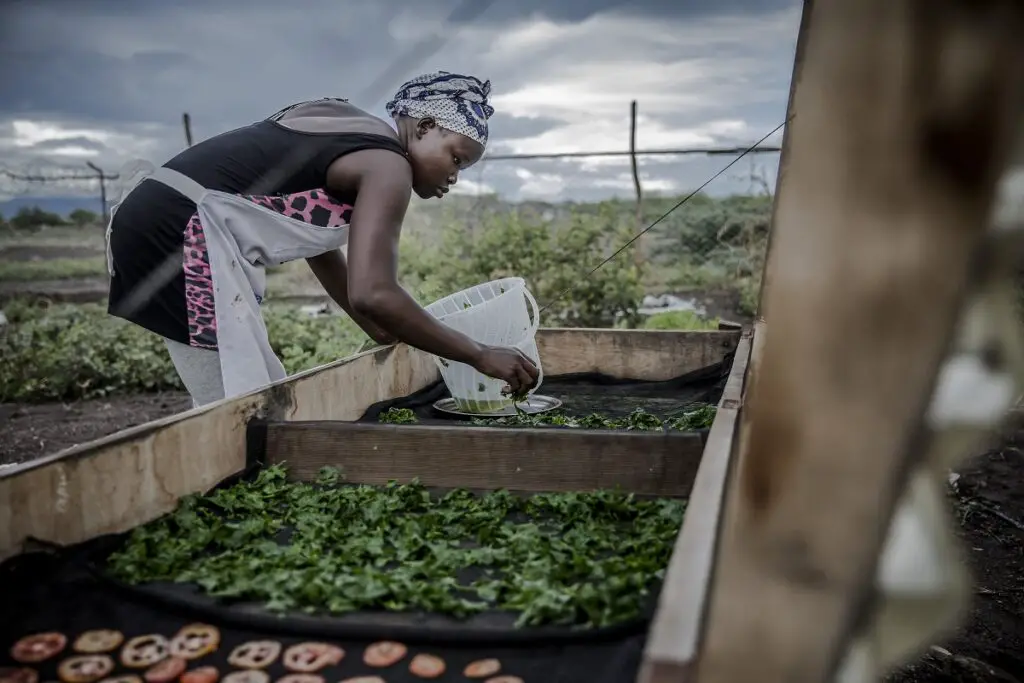- Africa’s new dawn: the rising role of digital and AI in agriculture
- Can Dangote Refinery Transform Africa Energy Ambition
- Gallup Survey: 80 per cent of Kenyan Workers Are Disengaged and Seek New Opportunities
- Madagascar Man Freed from 5KG Tumor After 15-Year Struggle
- How women in Africa are perceived and treated
- Sugar consumption in Kenya to Increase to 1.23 Million Tonnes
- Can Somalia and Turkey Oil deal Bring Change in Somaliland
- Remittances to Kenya dropped to $371.6 million in June, marking a six month low
Browsing: African economies
According to John Howkins, the orange economy incorporates industries whose goods and services arise from intellectual property. These include research and development, radio and TV, visual and performing arts, publishing, advertising, music, software, gaming, design, film, crafts, architecture, fashion, and design. Artists, cultural non-profits, and creative businesses can produce and disseminate goods and services that generate jobs, revenue, and quality of life.…
- Top government officials from across Africa have confirmed attendance at the Annual Investment Meeting (AIM Global 2023), the world’s leading investment platform.
- Two weeks from now, the officials will gather under one roof to uphold solidarity and develop economic relations among nations to ultimately achieve global prosperity.
- Among many other goals, AIM Global 2023 seeks to provide governments with access to a diverse demographic of audiences to promote investment opportunities in their respective countries. They will bring with them a wealth of experience and expertise in driving economic development that is both sustainable and inclusive.
Top government officials from across Africa have confirmed attendance of the Annual Investment Meeting (AIM Global 2023), the world’s leading investment platform where business leaders are set to exchange ideas on driving sustainable and inclusive business.
Two weeks from now, top officials will gather under one roof to uphold solidarity and develop economic relations among …
Over the past decade, African countries have accumulated external debt at a faster pace. The countries have capitalized on abundant, low-cost international credit for fiscal and balance-of-payments funding to help drive development plans.
Africa’s total external debt, accrued by both the private and public sectors, owed to foreign lenders, has surpassed $1 trillion. The related annual debt servicing costs broke through the $100 billion threshold for the first time in 2021.…
African countries will be largely impacted by the decision by the global cartel of oil producing countries to cut oil production given that only 14 out of 54 countries in Sub-Sahara Africa produce oil, which accounts for the lion’s share of their annual export earnings.
Many African countries have to import refined oil and rely on oil products in power generation. A hike in oil prices will boost economies of oil producing countries, by gaining foreign exchange earnings to carry out development projects such as Nigeria, Angola, Gabon, Libya, Cameroon, and Congo among others.
Consequently, this will create more job opportunities and greatly aid in poverty alleviation. In addition, the revenues could be redirected to other sectors that make significant contributions to the respective economies. By example, in countries like Cameroon, Gabon and Congo, internet infrastructure and technology could largely benefit from re-investing.…
Until substantial reforms are implemented, and remittance flows channelled towards long-term economic prospects, the diaspora will continue to be a net negative for weak African economies. Africa cannot depend on exporting its brilliant people abroad to bring money home forever. Thus, governments must establish vibrant economies that appreciate the continent’s human capital and enable bright individuals to prosper.…
This year’s progress has been threatened by Russia’s invasion of Ukraine, which has caused a global economic shock that has hit Africa at a time when the government’s policy space to respond to it is small to nonexistent.…
The AfCFTA Agreement has been signed by 54 African nations thus far. Among them, 46 tariff proposals have been filed, including one by the Customs Union. Furthermore, 29 tariff proposals are technically validated for trade.
Under the Rules of Origin discussions, 87.7% of import tariffs have been settled, while phase two consultations on Investment, Intellectual Property Rights, Competition Policy, Women and Youth in Trade, and Digital Trade are underway.…
The most significant concern is Africa’s susceptibility to growing inflation in developed and developing economies, given the continent’s reliance on imports.…
The Ukraine invasion by Russia and the resulting conflict has created an economic vortex for the whole world.
Reports state that from the time the Ukraine invasion began at least 10 million people have been displaced from their homes creating a humanitarian crisis. The invasion is a cause for concern for African countries many of which have ties with Russia which lent them military support in their respective struggles for independence. Several of them like Zimbabwe abstained from voting against the Ukraine invasion out of fear of straining relations with Moscow.
The adverse effects of the Ukraine invasion stem from economic contagion resulting from globalization. Countries that were dependent on Ukraine and Russia for their exports will record lower exports and subsequently lower income. Prior to its invasion Ukraine had been a hub for education at a higher level for African countries.
Post the Ukraine invasion prices of commodities and …
African food imports have risen in the last few decades, reaching nearly US$35 billion a year, according to the World Bank. Most imported goods could be made in Africa, creating much-needed jobs in the process.
It is with this knowledge that a coalition of multilateral development banks and development partners has pledged more than US$17 billion in finance to combat rising hunger in Africa and improve food security. This funding was pledged on the final day of the Feeding Africa: Leadership to Scale Up Successful Innovations on April 29-30, 2021.
The two-day high-level debate was held in conjunction with the CGIAR System Organization and the Forum for Agricultural Research in Africa (FARA), the AfDB and the UN’s International Fund for Agricultural Development (IFAD). …






